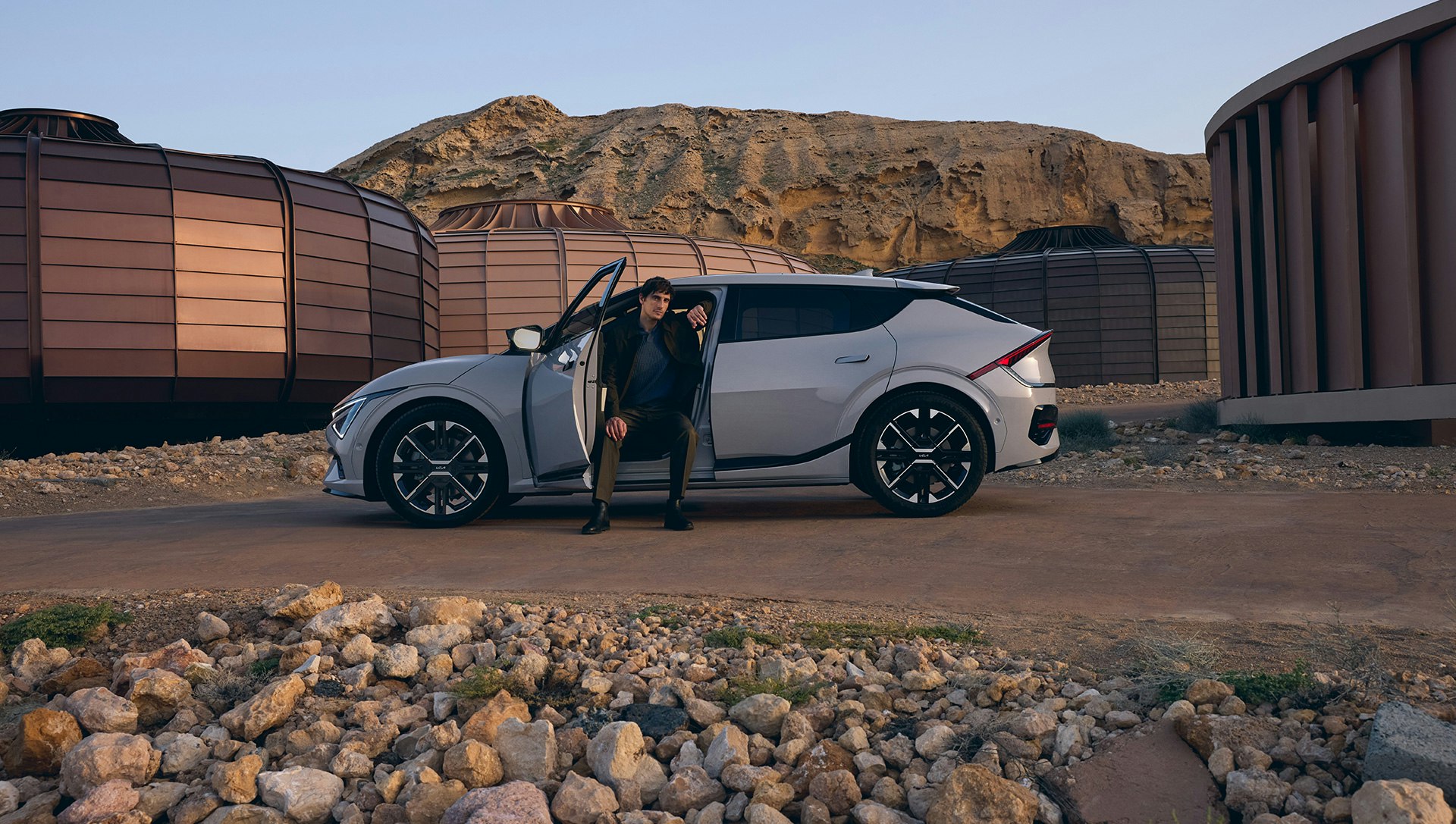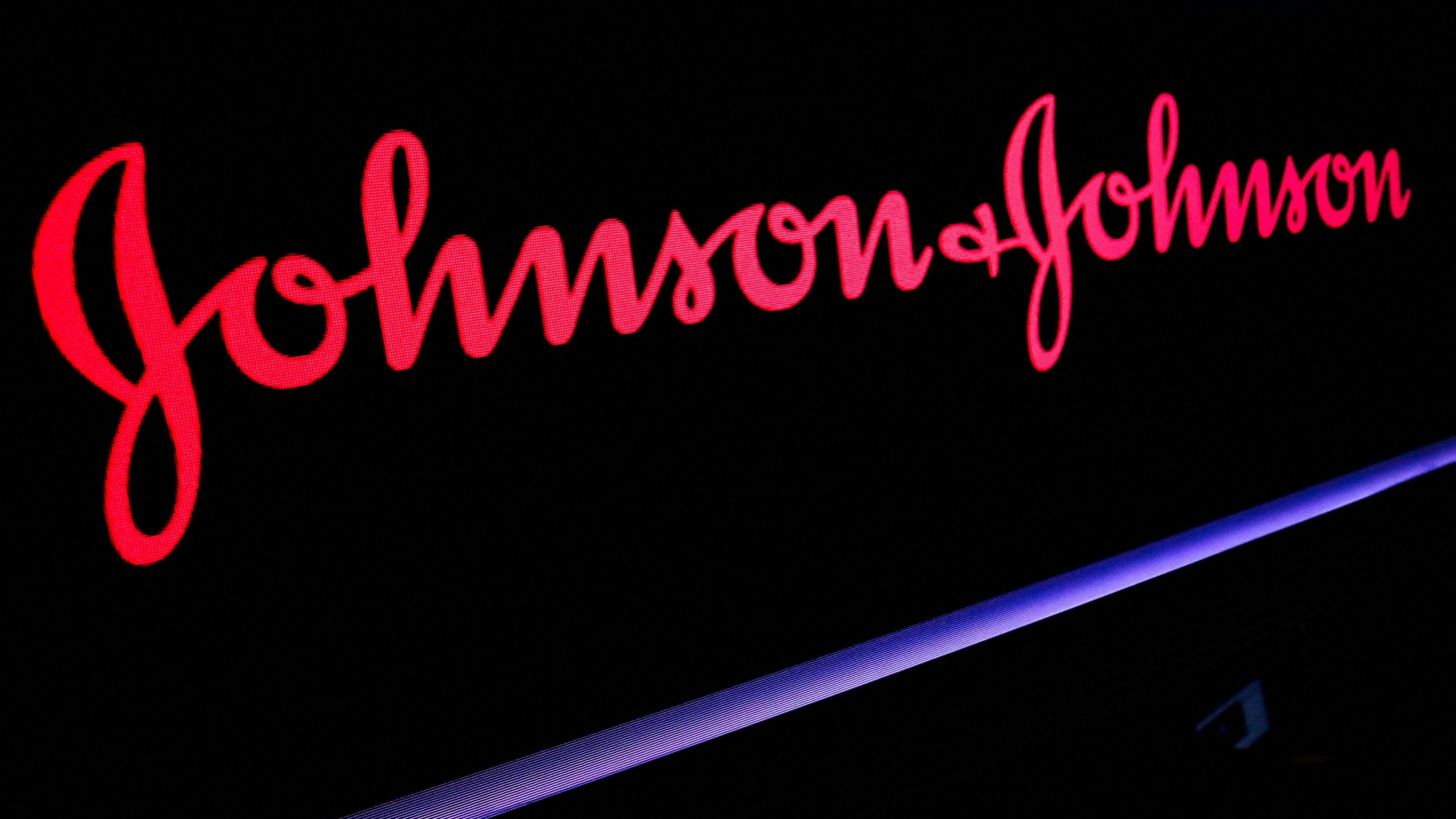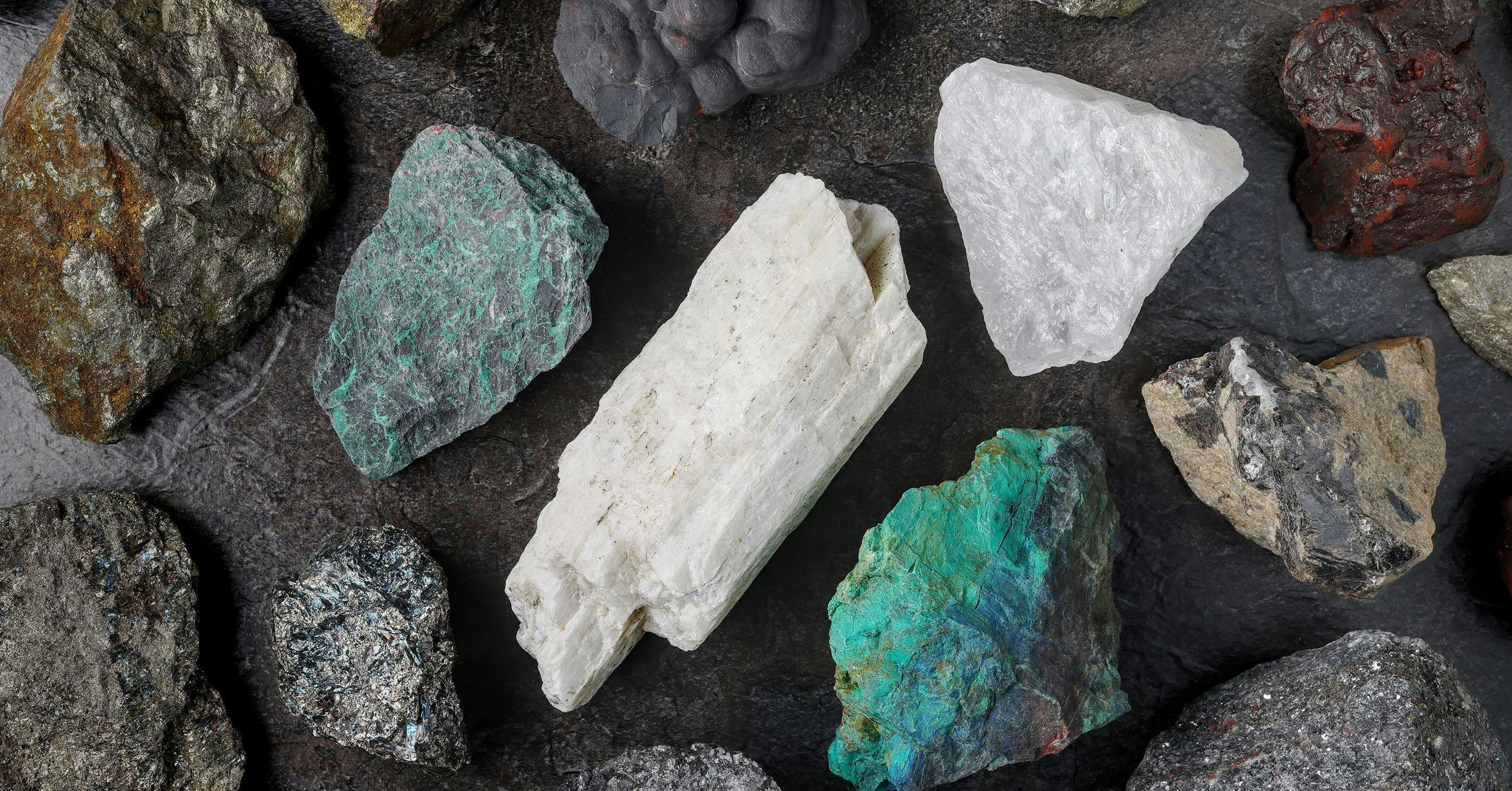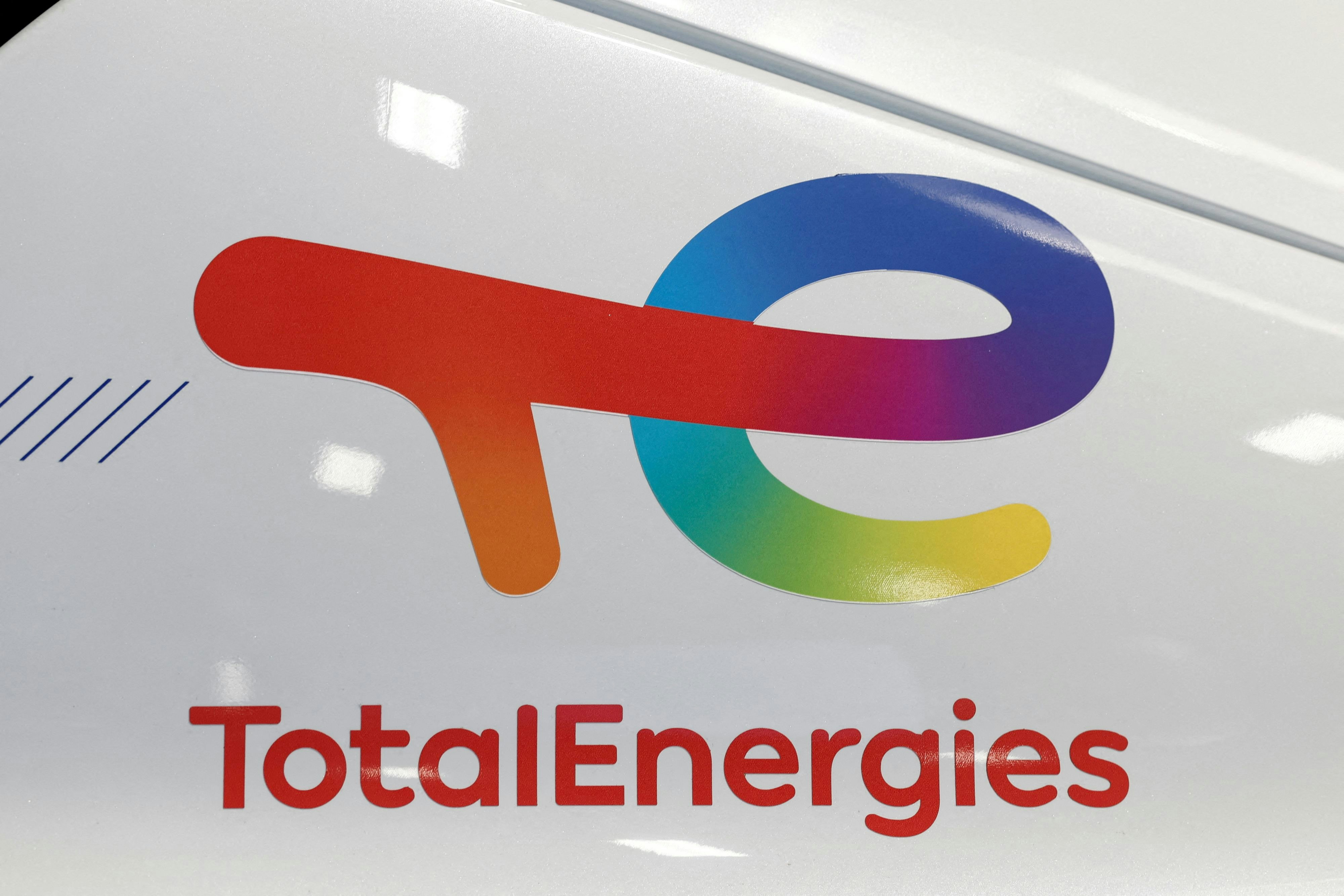Business
Five Crises Simultaneously" – Nissan Chief Espinosa Announces Radical Shift
Nissan's new CEO Espinosa aims to lead the company out of the crisis through technology partnerships and shorter model cycles.
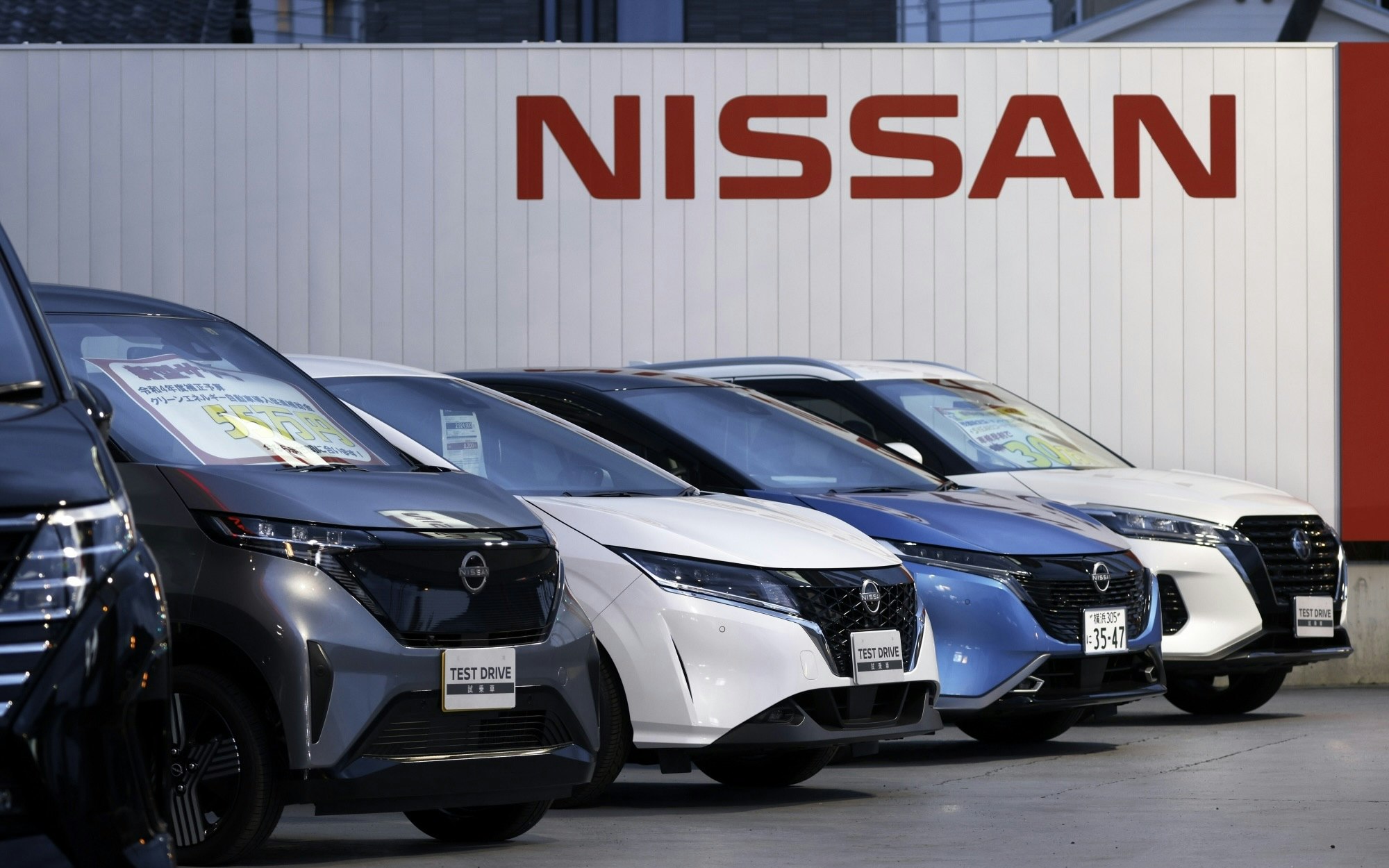
After a Slump in Sales and Failed Alliances, Nissan Focuses on Faster Model Cycles, Technology Partnerships, and a New Brand Image.
Ivan Espinosa, from April 1, new CEO of Nissan, takes over a corporation in crisis mode. The 46-year-old Mexican wants to not only restructure the Japanese carmaker but also realign it technologically. "Other CEOs are dealing with one or two crises – I see four or five at once," Espinosa said this week at the technical center in Atsugi. In addition to a weak brand image, he cited low employee motivation, operational upheavals, technological deficits, and declining sales figures as key challenges.
The problems are profound: Since 2018, Nissan's global sales have plummeted from 5.5 to 3.3 million vehicles. Particularly painful is the decline in China, where sales halved in just four years. In the USA, there is also a significant gap in the product portfolio concerning hybrid models – a weakness that Toyota and Honda have consistently exploited. Nissan is now responding by developing a new hybrid strategy: From 2026, vehicles with the "e-power" technology, where a gasoline engine serves solely as a generator for an electric motor, should enter the US market.
In addition, the company announced a product offensive on Wednesday. This includes the third generation of the electric classic Leaf and the first plug-in hybrid model for North America: a compact Rogue SUV. Other new models are to be introduced in all core regions worldwide. Espinosa wants to shorten the development cycles from the current 55 to 37 months. "We are too slow – that has to change," he said with regard to the innovation speed of Chinese competitors.
At the center of the new course change are partnerships beyond traditional OEMs. Espinosa is openly considering collaborations with technology companies to advance the "intelligent car" of the future. A failed $58 billion merger attempt with Honda and previous approaches by Foxconn show how urgently Nissan is seeking a strategic anchor.
The restructuring encounters a challenging environment. U.S. President Donald Trump has announced new tariffs on imports from Mexico starting April 2nd – a problem for Nissan, which produces a significant portion of its U.S. models there. Analysts warn that Nissan's ability to cushion additional costs is particularly low.
The restructuring is costly and painful: 9,000 jobs are to be cut worldwide, 20 percent of production capacity reduced. But Espinosa, previously head of product, is relying on speed and technology to get Nissan out of the defensive. In China, where the company wants to develop electric vehicles for the global market through joint ventures, it is no longer seen just as a sales market, but as an export platform.
The bar for Espinosa's term is high – his success depends on not only stabilizing Nissan but also making it future-proof.


